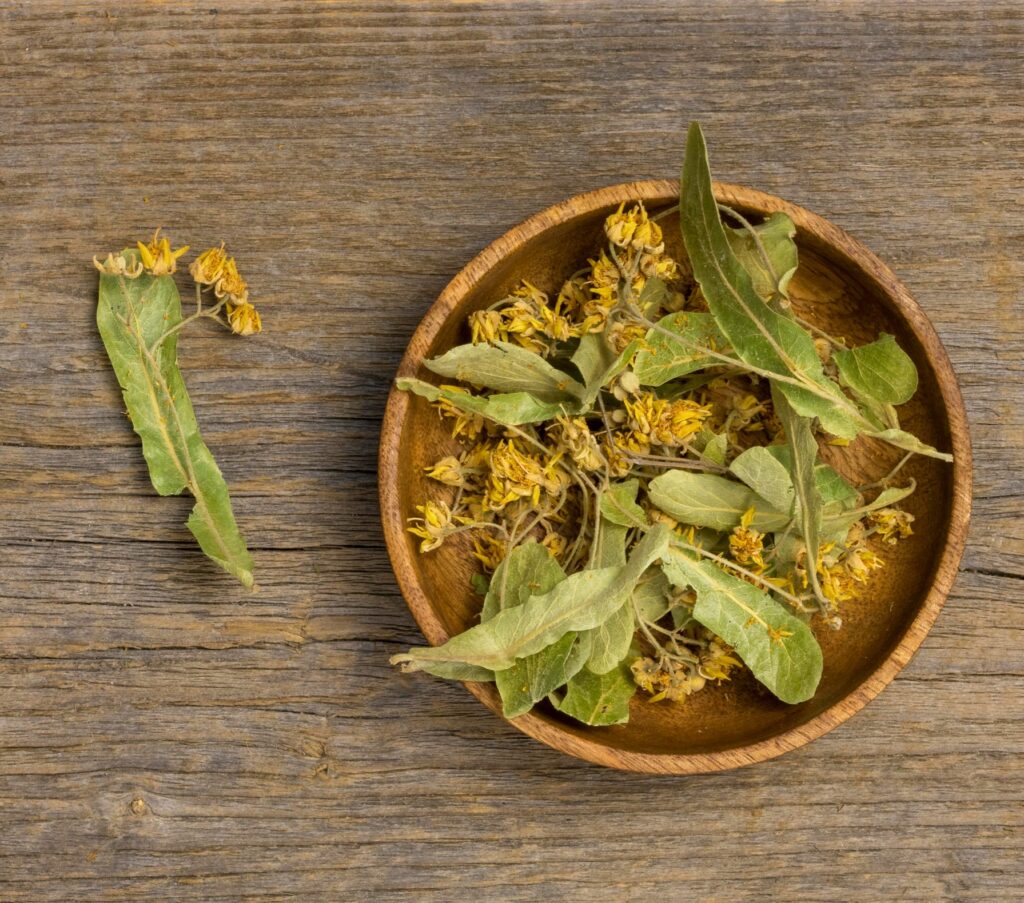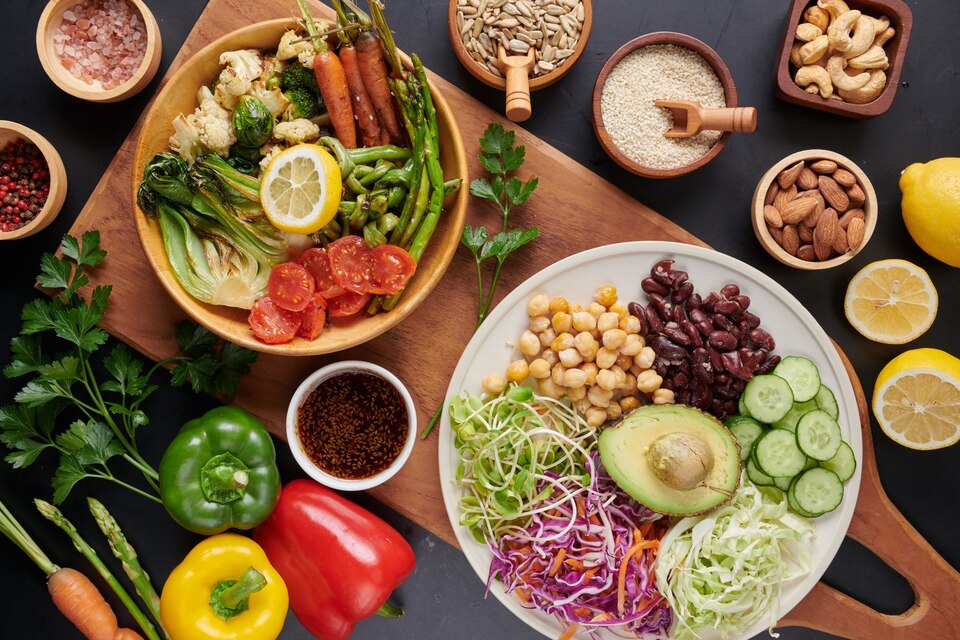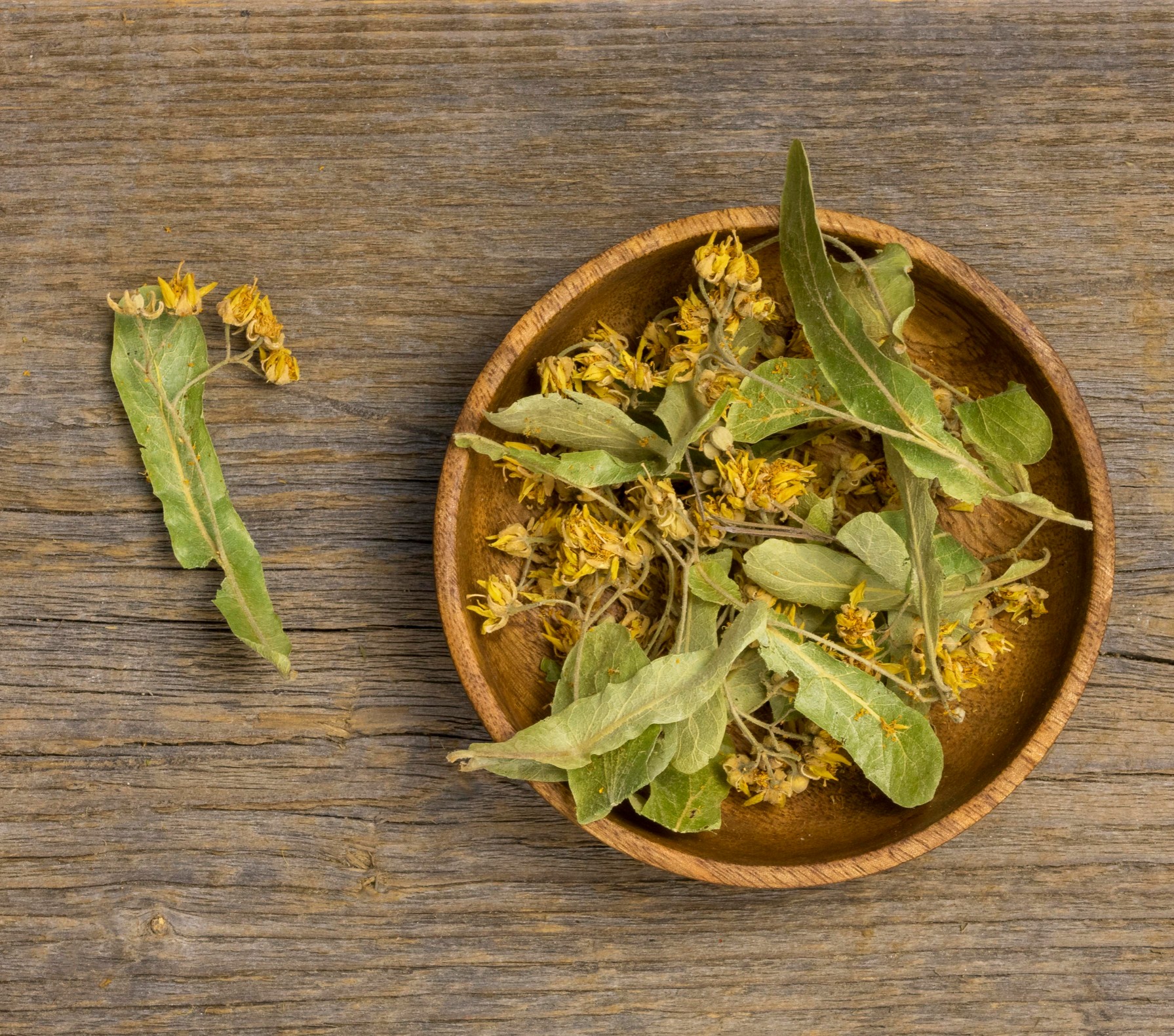Visha Chikitsa, also known as Toxicology, is a branch of Ayurveda that deals with the diagnosis, prevention, and treatment of poisoning caused by different toxins. The Ayurvedic system of medicine includes eight branches, and visha chikista is one of them. It is focusing on detoxification and elimination of toxins from the body. Ayurvedic detoxification through Visha Chikitsa is a comprehensive and holistic approach that focuses on identifying, preventing, and treating the toxic effects of various substances, utilizing natural methods to promote detoxification, and restore balance and vitality to the body, mind, and spirit. In Ayurveda, poison (Visha) refers to any substance that can enter or be formed within the body, posing a threat to one’s health and life. Ayurvedic toxicologists possess the necessary knowledge about the origin, progression, and toxic effects of toxins in the body and provide appropriate treatments and solutions to tackle poison-related issues.
Ama ( toxic by-products resulting from an impaired process of digestion and metabolism) is the primary cause of numerous diseases and health problems. Toxins can accumulate in the body due to various reasons such as improper diet, lifestyle, stress, and environmental factors. Visha Chikitsa aims to remove these toxins from the body and restore the natural balance of the body.

Diagnosis in Visha Chikitsa
Ayurvedic physicians use a variety of methods to diagnose and treat toxicity. One of the primary methods of diagnosis is through the observation of the patient’s symptoms. Which includes skin discoloration, changes in urine colour, and other physical signs of toxicity. Ayurvedic physicians may also use pulse diagnosis and other traditional methods to determine the nature and severity of the toxicity. Modalities of Treatment in Visha Chikitsa.
Ayurvedic detoxification through Visha Chikitsa involves a combination of internal and external therapies. Natural herbs and minerals are the source of ayurvedic medicine. These helps to detoxify the body and eliminate toxins. These medicines are usually given orally or through enemas.
- Panchakarma, a set of five therapeutic procedures, is one of the most popular methods of detoxification in Ayurveda. These procedures include Vamana (emesis), Virechana (purgation), Basti (enema), Nasya (nasal administration), and Raktamokshana (bloodletting). These procedures are performed under the guidance of a trained Ayurvedic practitioner and are designed to eliminate toxins from the body and restore balance.
- External therapies such as Abhyanga (massage), Shirodhara (head massage), and Pizhichil (oil bath) are also used to detoxify the body and promote relaxation. These therapies help to improve blood circulation, stimulate the lymphatic system, and support the body’s natural healing processes.
- Ayurvedic practitioners also recommend dietary and lifestyle changes to support the detoxification process. A diet that includes fresh fruits and vegetables, whole grains, and lean protein for richness is essential. Regular exercise, yoga and meditation, and adequate sleep are also essential for detoxification and overall health.
The Importance of Diet
In Visha Chikitsa, dietary changes are essential part of the treatment plan. The goal of dietary modifications is to support the body’s natural detoxification processes and aid in the elimination of toxins. The specific dietary recommendations may vary depending on the individual case and the type of toxin involved.

In general, it is recommended to consume foods that are easy to digest, high in fibre, and rich in nutrients. This may include fruits, vegetables, whole grains, legumes, and lean protein sources. Avoid processed and food high in sugar, and low in nutrients.
Some herbs and spices can also promote detoxification in Visha Chikitsa. For example, Ayurvedic treatments uses turmeric, ginger, cumin, and coriander to aid in digestion and support liver function.The proper way to make dietary changes is to seek the guidance of a qualified Visha Chikitsa practitioner. They can help tailor the diet to the individual’s needs and monitor their progress

Leave a Reply